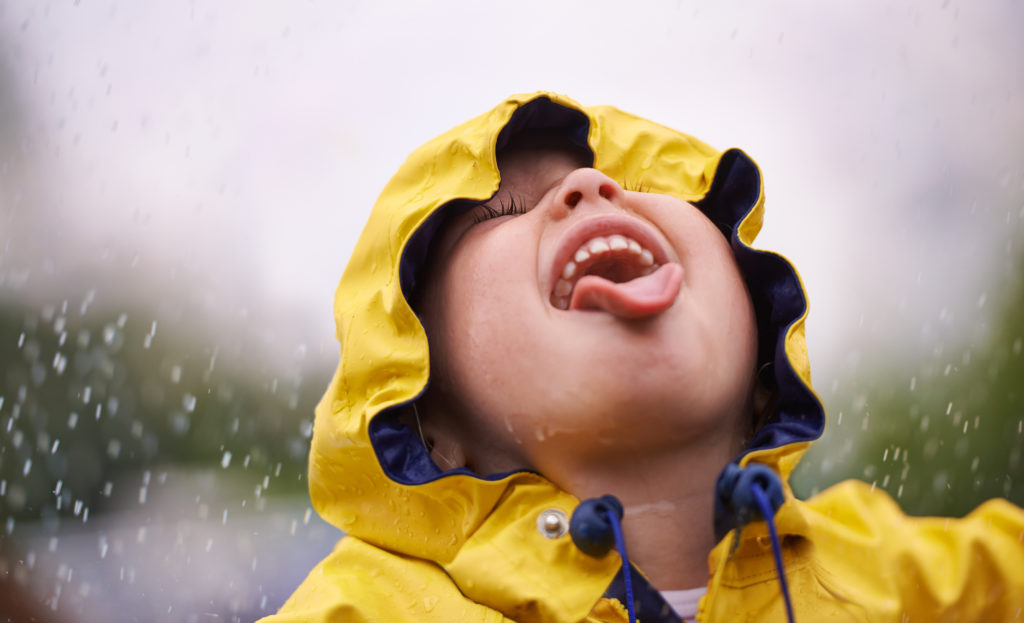Here Comes the Rain – Even Sprinkler Systems Deserve a Break!
October 1, 2019

The rainy reason here in Orange County runs from October to May. During this time, stormwater, as well as water from sprinklers and hoses, can carry pollutants from our roadways, sidewalks, and other impermeable surfaces to our local waterways. With the increased chance of rain, it’s important to keep in mind actions you can take to prevent runoff pollution.
Here are a few easy tips to reduce runoff from your home:
- Avoid overwatering: During the rainy season, your lawn doesn’t need as much water and you can adjust your sprinkler controls to water less. If there’s a chance of rain, pause or stop your sprinkler system. In addition to generating excess runoff, overwatering during the rainy season can also saturate soils and lead to lawn disease such a root rot.
- Update your irrigation system: The Municipal Water District of Orange County has rebates available for water-based irrigation controllers that adjust your watering schedule based on current weather conditions, or soil moisture sensors that measure the soil’s water content to determine how much water plants need.
- Hand-water your yard: During anticipated dry spells, consider hand-watering your yard instead of using sprinklers. Not only will this help you monitor and prevent runoff, but hand-watering also ensures that each of your plants gets the proper amount of water.
- Adjust your sprinkler heads: Not interested in hand-watering? If you do water with a sprinkler system, the start of the rainy season is a good reminder to adjust the direction of your sprinkler heads. You’ll want to make sure water doesn’t spray onto sidewalks, driveways, or roads. By simply adjusting the direction of your sprinklers, you can save water, prevent pollution from runoff, and keep your lawn healthy.
- Check the forecast: If you are applying pesticides and fertilizers, only apply them when it is not windy and rain isn’t expected within the next 48-hours. If you apply them too close to a rainstorm they can wash away, wasting money and polluting our waterways.
For more tips to prevent overwatering, especially during the rainy season, visit our Overwatering is Out page.